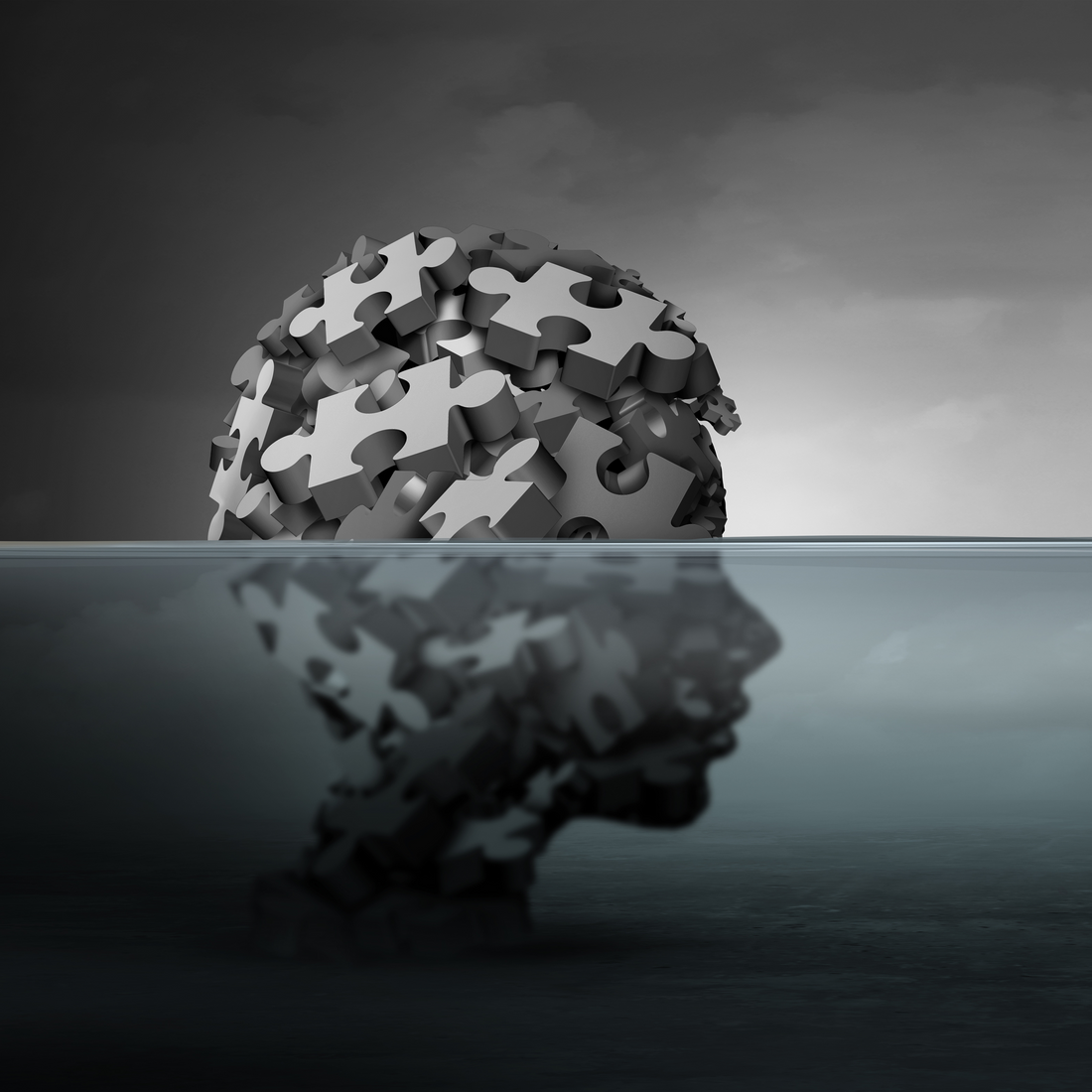
Mental Health Insights: Depression, Anxiety, and Help
Personal Story: Finding Light in the Darkness
In my early twenties, I encountered a friend who struggled with mental health issues. He was bright, full of potential, but he often disappeared into bouts of despair. Watching him navigate the chaotic waters of anxiety and clinical depression was both heartbreaking and enlightening. It made me realize how vital it is to understand inner health, not just for ourselves but for the people we love.
This journey led me to research various conditions, including schizophrenia, borderline personality disorder, and the signs of depression. As I learned more, I realized the importance of counseling, the role of psychotherapists, psychologists, and psychiatrists, and how they contribute to our well-being.
Understanding Mental Disorders
Mental being encompasses our emotional, psychological, and social well-being. It affects how we think, feel, and act, and influences our ability to handle stress, relate to others, and make choices. Here’s a breakdown of some common mental disorders:
| Disorder | Description |
|---|---|
| Depression | A mood disorder characterized by persistent feelings of sadness, hopelessness, and loss of interest. |
| Schizophrenia | A severe mental disorder that affects how a person thinks, feels, and behaves, often causing delusions and hallucinations. |
| Borderline Personality Disorder | A condition marked by unstable moods, behavior, and relationships, leading to intense episodes of anger, depression, and anxiety. |
| Anxiety Disorders | A group of disorders that cause excessive fear or anxiety, including generalized anxiety disorder, panic disorder, and social anxiety disorder. |
Signs of Depression and Anxiety
Recognizing the signs of depression and anxiety can be crucial in seeking help. Here are some common indicators:
Signs of Depression
- Persistent sadness or low mood
- Loss of interest in activities once enjoyed
- Changes in appetite or weight
- Sleep disturbances (insomnia or oversleeping)
- Fatigue or loss of energy
- Difficulty concentrating
- Feelings of worthlessness or guilt
- Thoughts of death or suicide
Signs of Anxiety
- Excessive worrying or fear
- Restlessness or feeling on edge
- Difficulty concentrating
- Irritability
- Muscle tension
- Sleep disturbances
- Avoidance of situations that trigger anxiety

The Role of Mental Health Professionals
Counselors, psychotherapists, psychologists, and psychiatrists each play unique roles in supporting individuals with mental challenges:
- Counselor: Often provides talk therapy and support for a variety of mental health issues.
- Psychotherapist: Specializes in providing therapy and may employ different techniques based on the patient's needs.
- Psychologist: Focuses on the assessment, diagnosis, and treatment of mental health issues through psychological testing and therapy.
- Psychiatrist: A medical doctor specializing in mental health who can prescribe medication and provide treatment for mental illnesses.
Key Takeaways:
- Recognizing signs of depression and anxiety can facilitate early intervention.
- Various health professionals offer different types of support and treatment options.
FAQ
Q1: What are common treatment options for mental disorders?
A1: Treatment options vary but can include therapy (such as cognitive-behavioral therapy), medication, lifestyle changes, and support groups.
Q2: How can I help someone struggling with mental issues?
A2: Listen without judgment, encourage them to seek professional help, and offer support without attempting to fix their problems.
Q3: What should I do if I experience signs of depression or anxiety?
A3: It’s important to consult a health professional who can provide a proper diagnosis and create a treatment plan tailored to your needs.
Conclusion
Mental being is an essential aspect of our overall well-being. Understanding various mental health disorders, recognizing their signs, and knowing when to seek help can pave the way for recovery and healing. If you or someone you know is struggling, reaching out to a mental health professional can make a significant difference.
Additionally, for those looking to support their mental well-being, consider exploring products like nutrilair NUTRIMAX® Ashwagandha, which promotes good sleep and relaxation—key components in managing mental health.
External Links for Further Reading
By fostering an understanding of our health, we can work together to break the stigma and support those who need help. Remember, you are not alone; there is always hope and help available.
